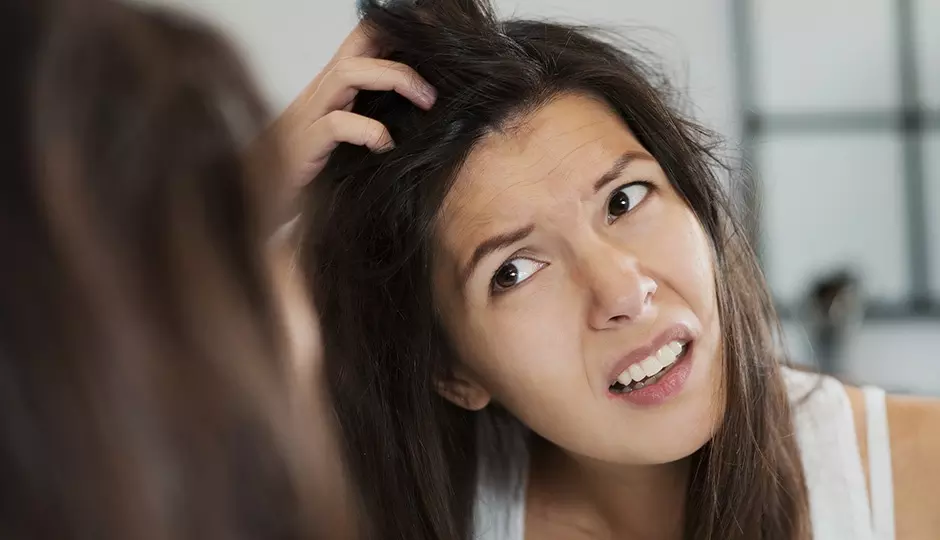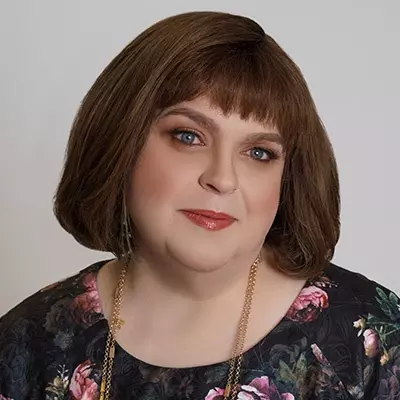If you have concerns about hair loss, you’re not alone. At Mane Image Hair Restoration Clinic, we take hair loss as seriously as you do—for example, to help you in your search for answers, we offer a free, online hair loss test to begin the process of giving you the answers you need.
Beyond that, we believe in providing our clients with the most up-to-date and comprehensive information about hair loss possible. With that in mind, here are answers to some of the most frequently asked questions about hair loss we hear every day:
Are Hair Shedding and Hair Loss the Same Thing?
No, they’re not. Hair shedding is something everyone experiences throughout their lifetimes. Typically, we lose between 50 and 100 hairs every day, hairs you can see on your hairbrush or pillow. Some people shed more hair than this, which is called excessive hair shedding—but this is still different from hair loss.
What Causes Excessive Hair Shedding?
There are a number of reasons you might be experiencing excessive hair shedding. Among the more common reasons are weight loss (typically 20 pounds or more), an increase in stress, going through an illness with a high fever, giving birth, having surgery, or ceasing to take birth control pills.
It’s sometimes difficult to pinpoint the cause of excessive hair shedding because the shedding often doesn’t begin until months after the trigger which caused it. For example, you might go through an unusually stressful event in August, but not notice excessive shedding until November. The same delay is typical after you give birth.
Does Excessive Hair Shedding Stop on Its Own?
The good news about hair shedding, even when it’s excessive, is that it normally stops on its own, generally within about 6 months of when it first appears. Of course, if your excessive hair shedding is the result of stress and that stress continues unabated, so will your hair shedding. Under most conditions, however, you can expect your body to readjust from the cause of excessive hair shedding, and see a return to normal hair shedding.
How Is Hair Loss Different from Hair Shedding?
The principal difference between hair loss and hair shedding is that, with hair shedding, your hair has not stopped growing. Although you're losing more hair than you normally would, your hair continues to grow.
Hair loss, on the other hand, occurs when your hair has stopped growing. Hair loss—that is, the experience of hair no longer growing—can be temporary or permanent, depending on the cause.
What Causes Hair Loss?
There are many causes for hair loss. In some cases, the cause is genetics—in other words, you can inherit hair loss from your mother, your father, or both. There is a myth that hair loss always come from the mother’s side of the family—although it’s true that the main gene which causes baldness is passed through the X chromosome (from your mother), men can inherit male pattern baldness from their fathers.
In addition to heredity, hair loss can be caused by cancer treatments (such as radiation or chemotherapy). Other causes include disorders of the immune system, the use of unusually harsh hair treatments, and even some obsessive/compulsive disorders in which people pull out their own hair. When hair loss is not hereditary, the hair loss generally stops once the cause is removed—for example, people who undergo chemotherapy usually see their hair begin to grow again once treatments stop.
Are There Effective Treatments for Hair Loss?
Yes, there are effective treatments for hair loss in both men and women. Men who are just beginning to experience hair loss can often benefit from Hair Follicle Regeneration treatments, while those who are beginning to see some scalp might opt for hair transplants. Women experiencing hair loss, depending on their unique circumstances, could benefit from non-surgical permanent hair restorations, extensions and removable toppers, or surgical hair restoration.
Conclusion
Because we are committed to providing the most effective, individualized service possible, our first step is always a comprehensive evaluation in which we can discuss the best options available to our clients. To learn more about our men’s and women’s hair loss services, or to schedule a free, confidential hair loss evaluation and scalp analysis, contact us today.











